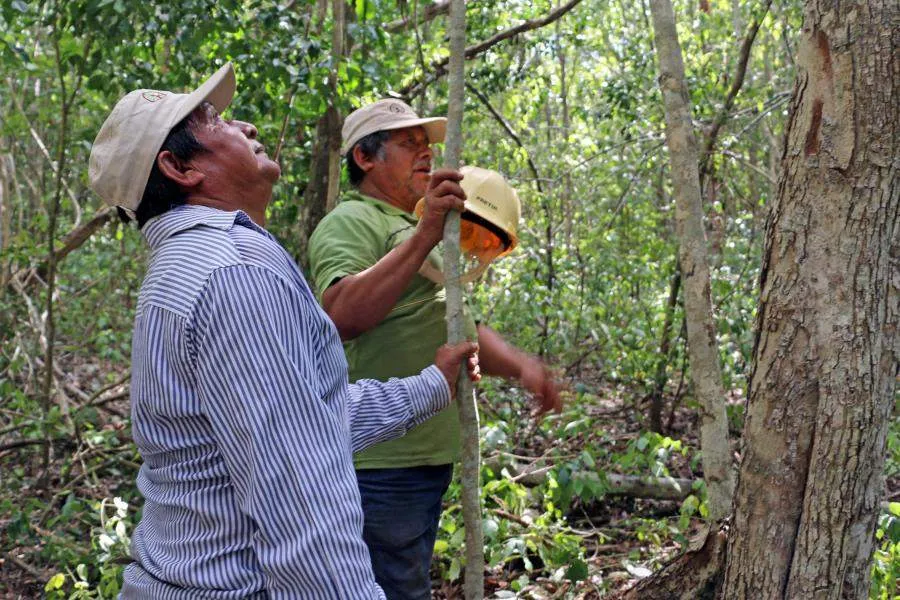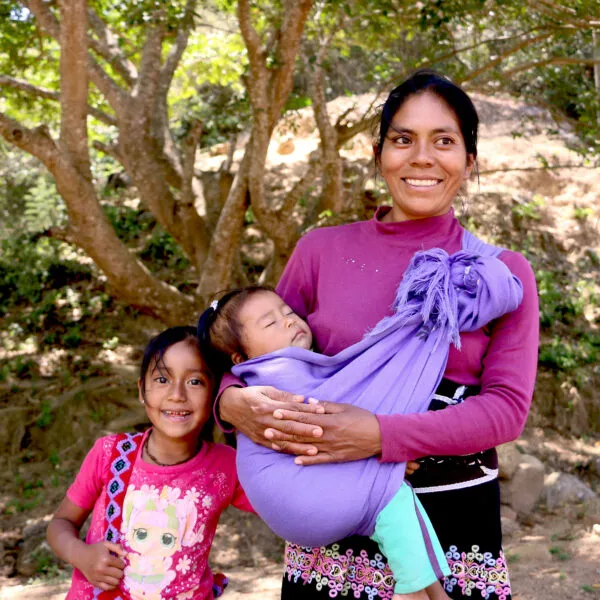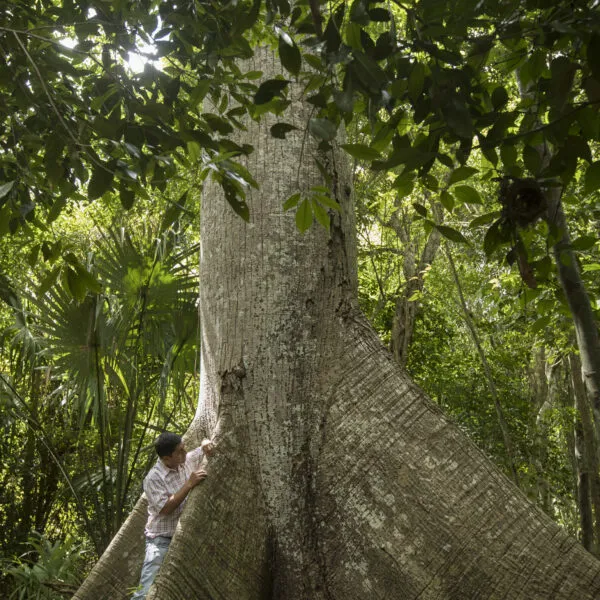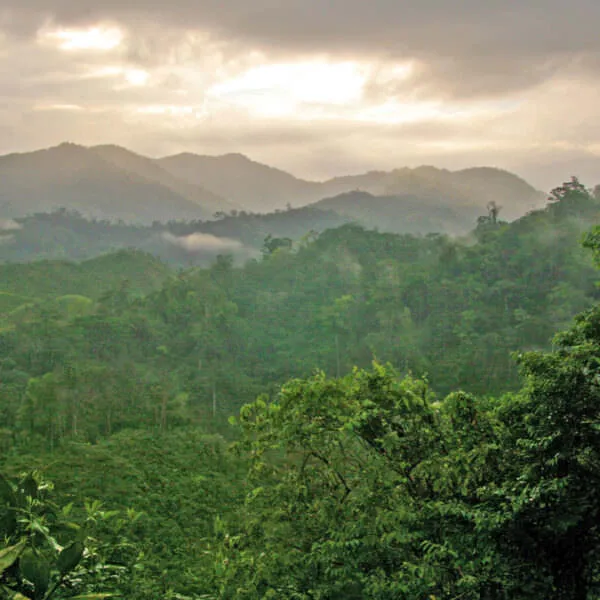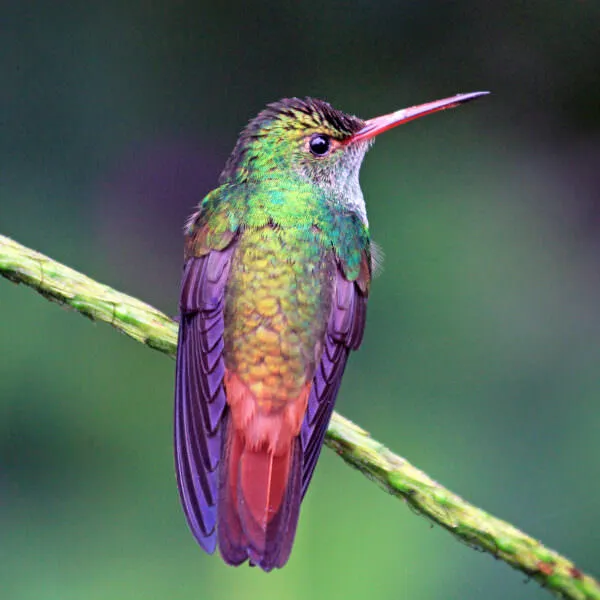Indigenous and local people know best how to manage their forests: age-old traditions, community values, and intimate knowledge of ancestral land all set the stage for both strong forests and healthy communities.
That’s why the World Bank Strategic Climate Fund’s innovative new financing program, the Dedicated Grant Mechanism (DGM), is so promising—and unique. Indigenous people and local communities are both leaders and beneficiaries of the initiative, which is currently being piloted in 14 countries around the world—including Mexico, where the Rainforest Alliance has been named the executing agency. The DGM puts project design and funding decisions in the hands of indigenous and local communities, giving them the power to set priorities and implement programs aimed at creating socially inclusive, sustainable farm and forestry businesses, thereby conserving Mexico’s threatened forests.
“It’s of paramount importance to recognize the project’s form of governance: All decisions are made by indigenous people and local community representatives on the national steering committee and the regional sub-committees,” says Matilde Rosas Hernández of Ejido San Francisco Botes, which produces timber and non-timber products in Quintana Roo. Rosas, who sits on the national steering committee, adds, “We’re the ones making all the important decisions.”
As the DGM’s executing agency for Mexico, the Rainforest Alliance will support communities in five Mexican states where deforestation rates are particularly high: Yucatán, Quintana Roo, Campeche, Jalisco, and Oaxaca. The work aims to include strengthening smallholder coffee and cocoa businesses, scaling up already established forestry enterprises, and implementing sustainable ranching methods. Working hand-in-hand with the many communities participating in the DGM, the Rainforest Alliance will bring to bear decades of experience in making profitable, sustainable land management a reality—by supporting the leadership of some of Mexico’s most marginalized, poor, and disenfranchised people.
“This initiative grows directly out of our needs. That’s something new, as we’ve never been consulted in the past.”
Juan Ortegón, Ejido Miguel Colorado
As part of this exciting five-year, $6 million initiative, community-led committees will disperse more than $3 million to two kinds of grant applicants: underserved or vulnerable populations, like women and youth, and already established community enterprises, such as producer associations and ejidos (Mexico’s community-owned agroforestry cooperatives). While the Rainforest Alliance will provide guidance for this process, it is the DGM’s national committee—made of representatives of indigenous and local communities—that will make all final funding decisions.
To maximize the investment of the small grants program, the Rainforest Alliance will provide targeted technical assistance tailored to the needs of the 100 participating groups, focusing on taking them to the next level of sustainability—both in the forest and in the marketplace—with an emphasis on accessing financing and building market linkages. The five-year initiative aims to improve the economic well-being of 2,500 individuals and leave behind a trained network of 80 technicians that will hold these communities in good stead for years to come.
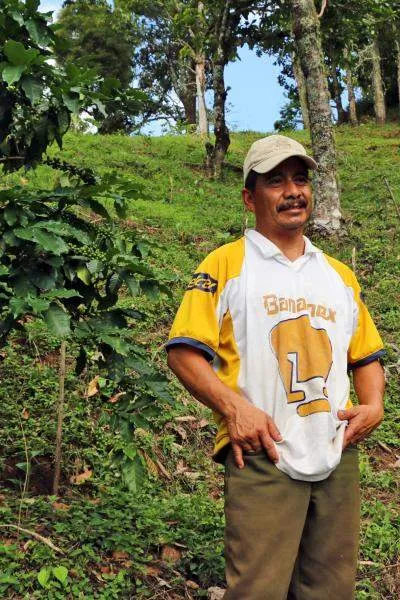
“This initiative grows directly out of our needs. That’s something new, as we’ve never been consulted in the past,” says Juan Ortegón, of Ejido Miguel Colorado, a community that produces timber and non-timber forest product like chicle and peppermint, and offers tourism, in Campeche. “The initiative belongs to the indigenous people and local communities.”
Edgar González Godoy, Rainforest Alliance director of Mexico, agrees. “This model is absolutely unprecedented,” he says. “Amplifying the voices of producer communities and giving local and indigenous leadership total decision-making power is not only new, it has the potential to lift these vulnerable groups out of poverty—and to sustain economic well-being for the long-term—while at the same time conserving Mexico’s forests.”
The importance of this work cannot be overstated. Forests cover one-third of Mexico’s megadiverse landscapes, but the country is also on the top-10 list for net forest loss; at the same time, Mexico’s forest-dependent people are often poor, with more than a quarter living in extreme poverty. Giving such rural communities access to the entrepreneurial and organizational expertise as well as funding has the potential to change the lives of some of Mexico’s most marginalized people. With these same indigenous and local people at the helm, change can happen from the ground up—and that’s good news for both rural prosperity and resilient landscapes in Mexico.
